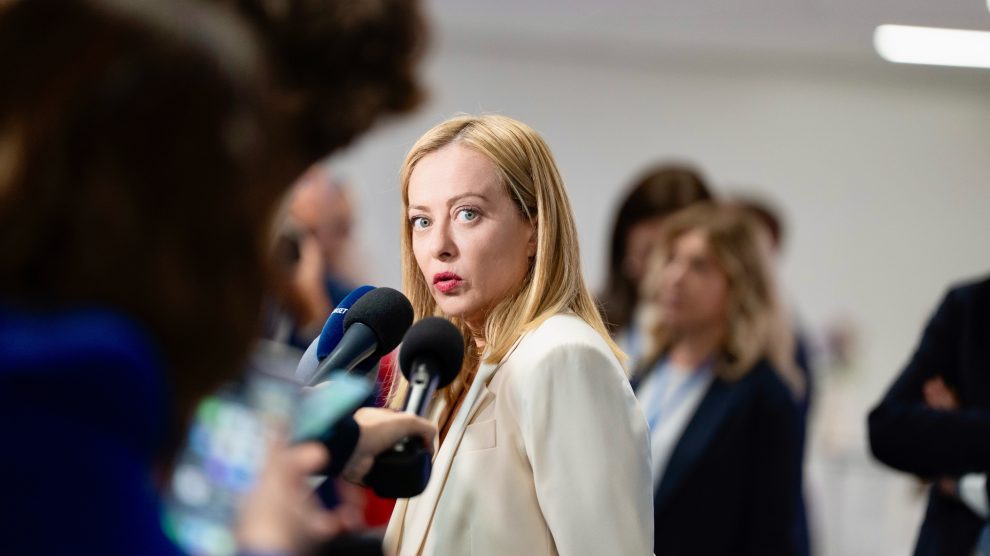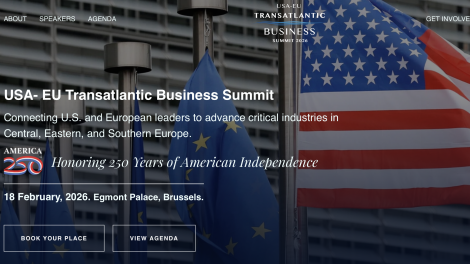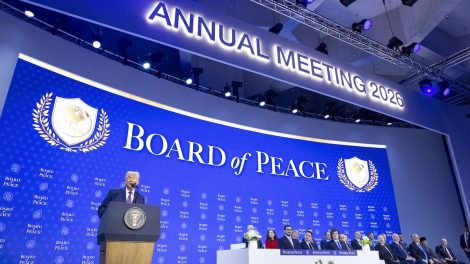Mocking at The Hague. On 25 June, RT’s official profile shared footage of Italian Prime Minister Giorgia Meloni chatting with journalists at the NATO summit in The Hague.
- Over her characteristic facial expressions, the broadcaster added the caption: “Is Giorgia Meloni okay? Did she party too hard with Zelensky in The Hague?.”
- RT (formerly Russia Today) was included on the list of propaganda outlets sanctioned by the EU Council in a unanimous decision on 2 March 2022, a few days after the start of the Russian invasion of Ukraine.
- The implication was that the prime minister was under the influence—recalling past Russian insinuations of cocaine on Ukrainian President Volodymyr Zelensky’s desk or claims of supposed cocaine use by French President Emmanuel Macron and German Chancellor Friedrich Merz on a train to Ukraine in May.
Viral backlash. According to La Stampa, the clip quickly went viral.
- Moscow appears to be furious because Meloni refused to echo US President Donald Trump’s more conciliatory approach to Russia and remains unwavering in her condemnation of Russian President Vladimir Putin.
- She has also cautioned NATO allies about Russia’s strategic designs in Libya.
Zakharova’s reprimand. Last week, Russian Foreign Ministry spokeswoman Maria Zakharova fired back at Meloni over her call for an Iranian popular uprising against the regime.
- On her Telegram channel, Zakharova reminded Meloni of the UN principle that prohibits interference in the internal affairs of other states.
Propaganda frontlines. This RT stunt forms part of a broader disinformation campaign targeting Western leaders who oppose Moscow.
- By ridiculing Meloni, Russian media aims to undermine her credibility at home and abroad—especially as Italy plays a key role in NATO’s support for Ukraine and broader European security.
- This episode follows a broader wave of Russian information ops on Italian soil.
- As Decode39 reported last week, RT launched an illegal billboard campaign in Rome, Milan, and Bologna, directly violating EU sanctions, while also hosting a documentary festival in Gorizia—marking the first time NATO territory has hosted such an event by a sanctioned Russian outlet.





